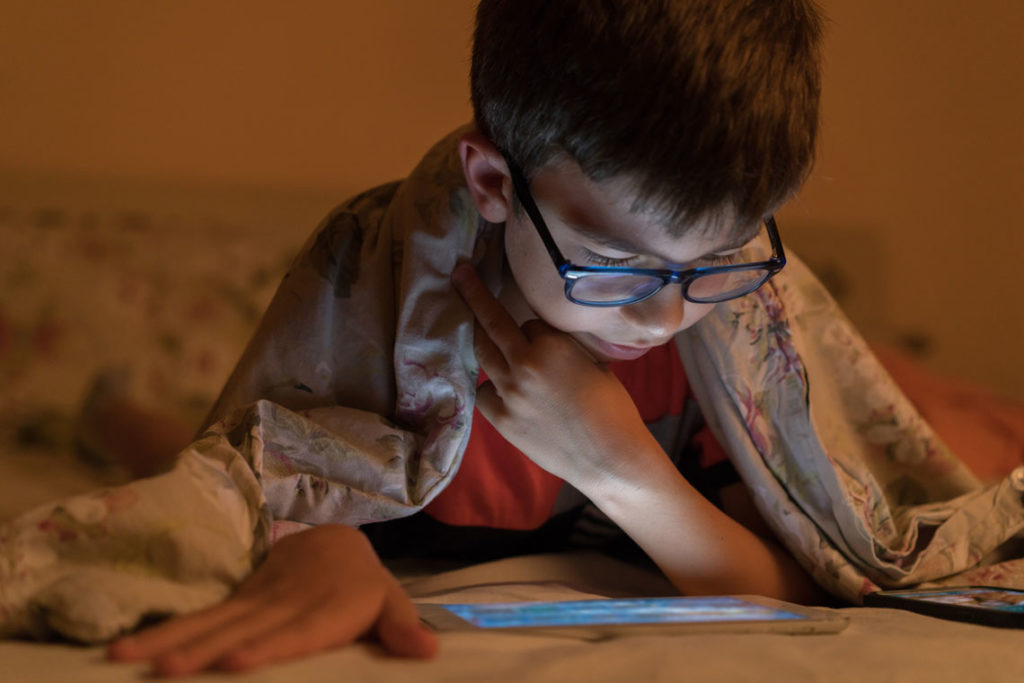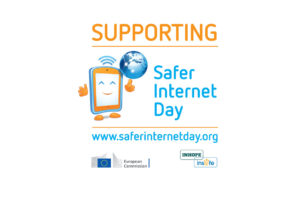
From keeping up with news and current affairs to staying in touch with friends and family, our screens have become indispensable to our daily lives.
However, many parents and carers are rightly worried about the impacts excessive screen usage can have on their children.
There is much being written about concepts such as ‘Internet addiction’ and screen dependency and although they are not officially recognized as psychiatric disorders, spending too much time online can have negative effects on children.
Screen dependency can manifest in many ways. Parents should watch out for the following behaviour in their child:
- Experiencing withdrawal symptoms when not using a device
- Failing to reduce or stop online activities
- Losing interests in other aspects of life
- Acting defensively when asked about screen time
- Continuing to engage in screen-based activities, despite negative consequences
- Hiding the extent of device use
- Using devices to relieve anger and sadness
If you’re concerned about your child’s screen usage, here are some things you can do:
1. Agree on clear and consistent rules
If your child is going online regularly, chat to them and agree on some ground rules together. These rules could include a limit on how long your child spends on their device, and for what purpose, or outline where and when they are not allowed to use it (e.g. in their bedroom, before bedtime, during meals, etc.).
Parental rules are important, but ask your child for their perspective too. When your child feels listened to, they might come up with reasonable suggestions for screen engagement limits. Respecting their experiences also helps to build trust and openness between you.
Some questions to ask your child could be:
- What is your reason for going online? (Having a purpose is important and avoids endless hours passively scrolling which has little benefit, if any at all).
- How do you know when it’s time to switch off?
- How do you feel when you spend too much time in front of a screen?
2. Try to understand your child’s engagement with screens
As humans, we can develop dependencies on activities that fulfil certain psychological needs. Your child might turn to devices because these needs are unsatisfied in other aspects of their lives.
Ask your child what they love about their devices, and invite them to show you how their favourite online activity works. Take note of the parts of the experience they enjoy.
Understanding what draws your child to their device, and how it influences their behaviour, will allow you to help your child find other outlets for entertainment and fulfilment.
3. Seek offline activities they enjoy
The best way to support your child is to find face-to-face activities they enjoy. Rather than stop a child from getting the dopamine hits they feel while using screens, try to find something to replace them.
These activities could be outdoor activities like sports or walking, creative hobbies or hangouts with friends (once Covid-19 restrictions are lifted).
4. Offer your support
It’s important to create rules to manage your child’s online behaviour. However, you should also remind them that you are always there to support them.
Try not to be too judgemental when your child tells you how much time they spend on their devices. It’s okay to be concerned, but shouting at your child could discourage them from talking to you about being online again.
Let your child know that they won’t get in trouble if they ask for help online.
5. Be a role model
Once you’ve agreed on some boundaries about how your family uses devices, make sure that you set a good example. Remember: if you’re constantly scrolling on your phone, your child will be too.
Show that you’re serious about screen engagement by putting away your devices at mealtimes, during conversations and before bedtime.


